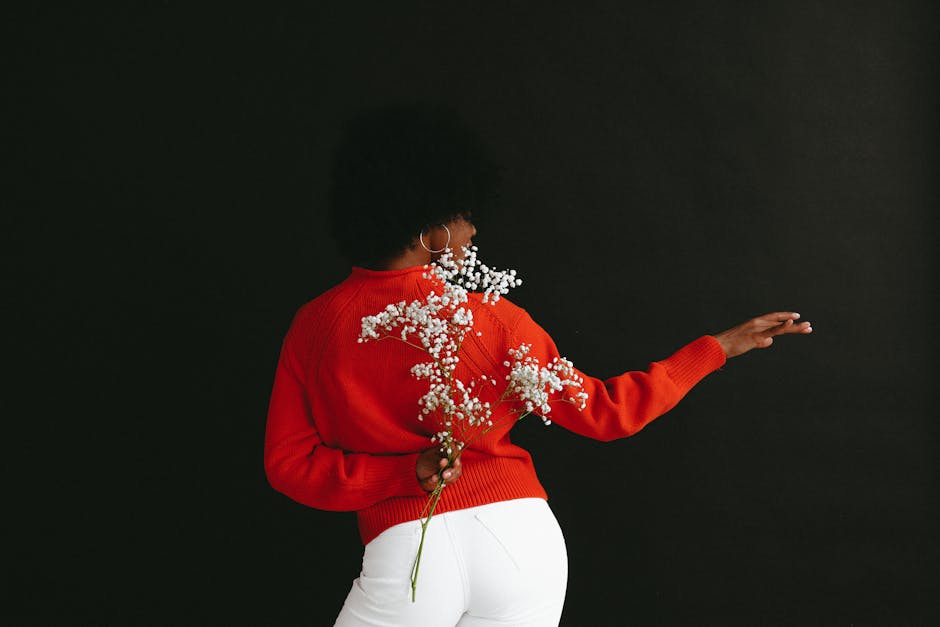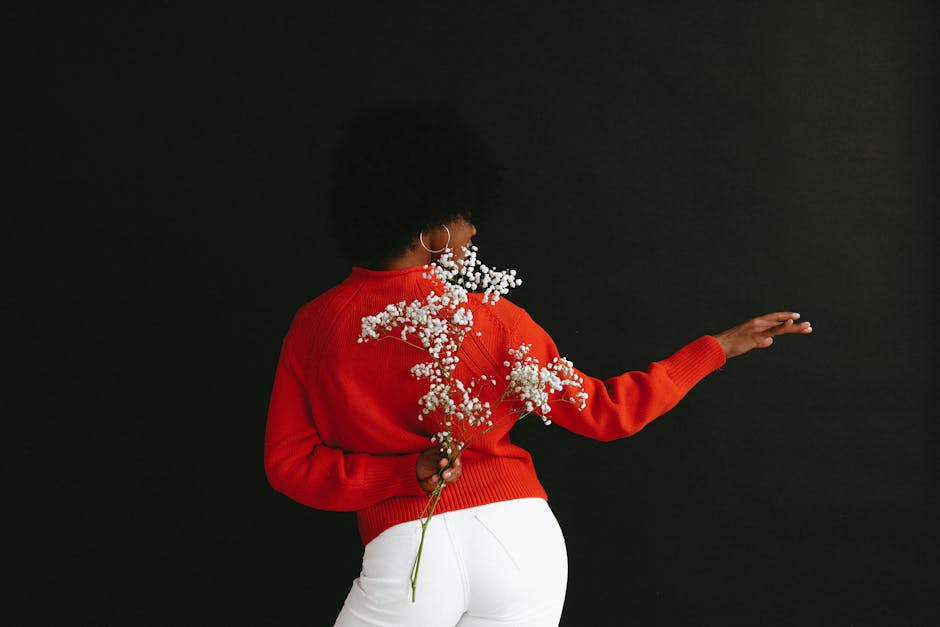
Exploring the Sustainability Practices of Danish Fashion Brands
Introduction to Danish fashion brands
Danish fashion brands are widely recognized for their emphasis on sustainability in the fashion industry. Many Danish fashion brands prioritize eco-friendly materials, ethical production processes, and fair labor practices. Brands such as Ganni, Samsøe & Samsøe, and By Malene Birger are leading examples of Danish fashion labels that incorporate sustainable practices into their designs. Danish fashion brands are known for their clean and minimalist aesthetic, often blending timeless styles with modern trends.
Importance of sustainability in the fashion industry
Sustainability is crucial in the fashion industry as it helps reduce the environmental impact of clothing production. By focusing on sustainable practices, Danish fashion brands aim to minimize waste, conserve resources, and promote ethical labor practices. Sustainability has become a key factor for consumers who are increasingly conscious of the impact of their purchases. Danish fashion brands lead the way in implementing sustainable initiatives such as using organic materials, reducing water consumption, and supporting fair trade.
Sustainability initiatives by Danish fashion brands
Danish fashion brands focus on sustainability by implementing various initiatives. These include using organic and recycled materials, ensuring ethical labor practices, and reducing environmental impact through actions like energy-efficient production methods and recycling programs. Many of these brands also prioritize transparency, sharing information about their supply chain and eco-friendly practices with consumers.
Use of eco-friendly materials in Danish fashion
Danish fashion brands prioritize using eco-friendly materials for their clothing. They focus on materials like organic cotton, recycled polyester, and sustainable fibers such as Tencel. These materials are better for the environment as they reduce the use of chemicals and water in the production process. By choosing eco-friendly materials, Danish fashion brands aim to create stylish clothing while lessening their impact on the planet.
Ethical manufacturing practices
Brands in Denmark follow ethical manufacturing practices to ensure clothing is made responsibly. This includes using sustainable materials, fair wages for workers, and safe working conditions. The 2020 Fashion Transparency Index ranks many Danish brands high for their transparency in supply chains and ethical practices. Some key aspects of ethical manufacturing practiced by Danish fashion brands are:
- Utilizing organic and eco-friendly materials
- Providing fair payment to workers
- Ensuring safe and clean working environments
Transparency and communication strategies
Transparency is key for Danish fashion brands to show customers the sustainability of their products. Brands prioritize clear and honest communication about their production process and materials used. They engage with consumers through various channels such as social media, newsletters, and their websites to educate them about their eco-friendly initiatives. This openness helps build trust and loyalty with customers who value sustainability.
Collaborations with sustainable partners
Many Danish fashion brands collaborate with sustainable partners to create eco-friendly clothing lines. These partnerships ensure that the clothes are made in ways that are kind to the environment, such as using organic materials and eco-friendly manufacturing processes. These collaborations help to promote sustainable practices within the fashion industry and provide consumers with more environmentally friendly options.
Impact on the environment and society
Danish fashion brands prioritize sustainable practices to lessen their impact on the environment and society. They aim to reduce waste, minimize carbon emissions, and ensure fair labor conditions. These brands often use organic and recycled materials to create their clothing items, contributing positively to environmental conservation. By supporting these brands, consumers can promote responsible fashion choices that benefit both the planet and the people involved in the production process.
Consumer awareness and support for sustainable fashion
Consumers are increasingly aware of the environmental impact of fast fashion and are showing more support for sustainable fashion brands. Danish fashion brands, known for their focus on sustainability, are gaining popularity as consumers seek environmentally friendly options. By choosing to support sustainable fashion brands, consumers are contributing to the movement towards ethical and eco-friendly practices in the fashion industry.
Conclusion and future trends
In wrapping up our exploration of sustainability practices in Danish fashion brands, it’s evident that the industry is making notable strides towards more eco-friendly and ethical approaches. Some key points to keep in mind as we look to the future:
- Danish brands are increasingly prioritizing sustainability in their production processes
- Collaborations with sustainable material suppliers are becoming more common
- Consumers are driving the demand for transparency and eco-conscious choices
- Innovation in sustainable technologies will likely shape the future of Danish fashion As we move forward, it’s essential for both brands and consumers to continue fostering these sustainable practices for a more environmentally friendly and socially responsible fashion industry.

